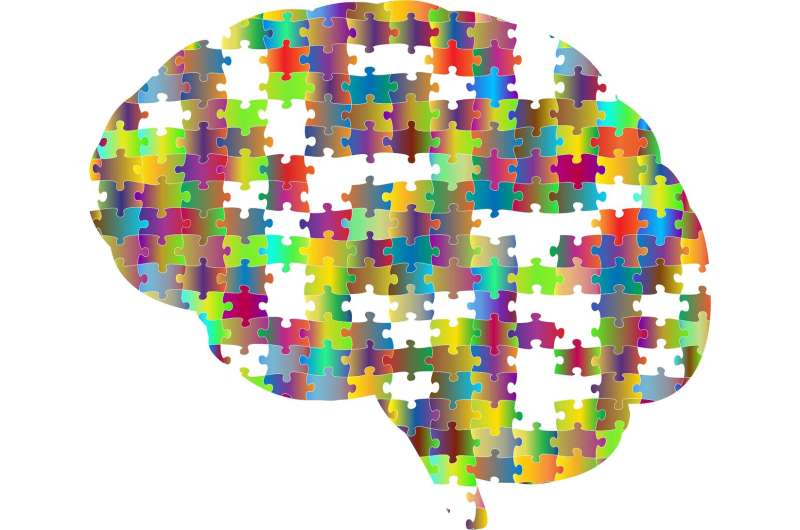Early Treatment of Childhood Hepatitis B Enhances Long-Term Virus Suppression

Recent research highlights the significant benefits of proactive treatment for children with chronic hepatitis B virus (HBV) infection. A long-term study conducted by scientists at National Taiwan University and its Children's Hospital has demonstrated that children who undergo high-genetic-barrier nucleos(t)ide analog therapy before their HBeAg seroconversion markedly increase their chances of achieving a functional cure, characterized by sustained suppression of HBV surface antigen (HBsAg) and undetectable HBV DNA levels.
The study involved tracking 413 patients from childhood into adulthood over approximately 10,888 person-years, revealing that HBeAg seroconversion during childhood (before 18 years of age), combined with prior high-barrier antiviral therapy and low HBsAg titers (less than 1,000 IU/mL at 18 months post-seroconversion), significantly predicted long-term viral control.
Historically, the course of chronic HBV in children was viewed as benign with minimal intervention. However, emerging evidence suggests that early treatment, especially with high-genetic-barrier nucleos(t)ide analogs before seroconversion, can lead to better clinical outcomes and reduce late complications such as liver fibrosis and hepatocellular carcinoma (HCC).
These findings are particularly relevant in the context of the World Health Organization’s goal to treat over 80% of individuals with chronic hepatitis B by 2030. While current guidelines have started to shift focus towards achieving a functional cure rather than mere viral suppression, the evidence supports a reevaluation of treatment strategies for pediatric patients.
The research underscores the importance of close follow-up and early antiviral intervention in children with chronic HBV to improve their chances of long-term virus control and potentially alter the natural history of the disease. This paradigm shift in management could have significant implications for global hepatitis B control efforts.
Source: https://medicalxpress.com/news/2025-04-childhood-hepatitis-treatment-linked-higher.html
Stay Updated with Mia's Feed
Get the latest health & wellness insights delivered straight to your inbox.
Related Articles
Overcoming Barriers in Digital Health Implementation: Six Strategies for Success
A new study outlines six strategic recommendations to enhance the adoption of digital health tools in routine healthcare, bridging the gap between research and practice for improved patient care.
New Insights into How Metformin Lowers Blood Sugar via Brain Pathways
Recent research uncovers a brain pathway involving Rap1 in the hypothalamus that is essential for metformin’s blood sugar-lowering effects, opening new possibilities for diabetes treatment. Source: https://medicalxpress.com/news/2025-07-reveals-brain-pathway-metformin-blood.html
Reevaluating the Brain Regions Behind Human Consciousness
Emerging research suggests that the brain's ancient regions, like the subcortex and cerebellum, may play a more vital role in human consciousness than the traditional cortex-focused theories indicate, prompting a rethink in neuroscience.



